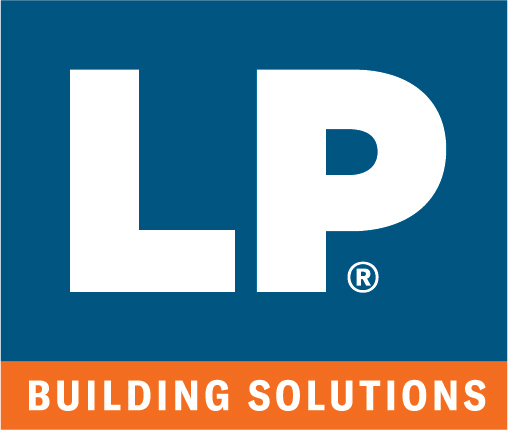CODE OF ETHICS
Managing Information and Knowledge
Protecting Confidential Information
Confidential Information
You may have access to confidential information about our Company and our operations.
What is Confidential information?
Confidential Information is any information about LP that has not been disclosed to the general public and that might be useful to competitors, or harmful to the Company, our employees, our vendors, or our customers, if disclosed. Examples of such information include non-public business intentions, proprietary, and trade secret information about manufacturing processes, and employee information.
Disclosure is Prohibited
You must not disclose Confidential Information to anyone in the media, competitors, your family, or any other third party, other than persons or entities with valid business reasons for having access to it.
When in Doubt
If you have any doubts about whether information has been made public, who has rightful access, or if disclosure is legally mandated, contact LP’s Legal Department.
Copyrights and Other Intellectual Property
Protecting the Brand
LP owns numerous copyrights, trademarks, patents, and trade secrets, including company logos, publications, and software we have created or developed (“Intellectual Property” or “IP”). Safeguarding our IP protects the LP brand and its reputation in the marketplace. Our IP is an important intangible asset that allows us to differentiate ourselves from other businesses. In general, LP owns all rights to any IP that is created by employees during their employment.
Can Others Use our IP?
Vendors and others outside the Company may not use LP's logo or other Intellectual Property without written authorization. Misappropriation or misuse of IP is a violation of the Code and may also be a violation of the law.
Protecting Employee Information
Collection of Employee Data and Information
LP routinely collects and uses confidential personal information as part of managing the employment relationship. Confidential personal information may include such things as contact information, compensation and benefits information, disability and family medical leave data, performance reviews, and social security numbers.
Securing Employee Data
LP is committed to using reasonable security measures to store the data it collects in connection with its employees.
Use and Disclosure of Employee Information
The data that LP collects is used only for legitimate business purposes and is accessed only by employees for work-related reasons. At times, the Company may be required to disclose personal information to third parties such as vendors that administer our retirement plans and other benefit programs. The Company may also be required to disclose employee/personal information to comply with certain laws and regulatory requirements.
Data Protection Laws
The collection, storage, retrieval, and disclosure of employee information will be in accordance with all applicable data protection laws. If you are unsure about collecting or sharing personal/employee data, ask LP’s Compliance or Legal Departments for guidance.
Consumer, Customer, Supplier or Other Third-Party Privacy
LP respects the privacy of all its employees, business partners and consumers. We must handle personal data responsibly and in compliance with all applicable privacy laws and company policies (including our records retention requirements). Personal data is information that can directly or indirectly identify an individual, such as name, contact information, and health-related information.
Employees who handle the personal data of others must:
- Act in accordance with applicable law;
- Act in accordance with any relevant contractual obligations;
- Collect, use and process such information only for legitimate business purposes;
- Limit access to the information to those who have a legitimate business purpose for seeing the information; and
- Take care to prevent unauthorized disclosure.
Frequently Asked Questions
Possibly. Much of the information we produce, use, or control while working for LP is confidential and proprietary. While some information is public and can be used elsewhere or may be appropriate for educational purposes, we should never assume any company information is public. Ask your supervisor before using any company information for any purpose other than your responsibilities at LP.
Before you use a photo, you need to confirm that you can use the picture in compliance with the applicable laws, including requirements for consent. If it is owned by a third party, you need to verify that LP has secured the right to use it. If you have questions, reach out to the LP Legal Department.
